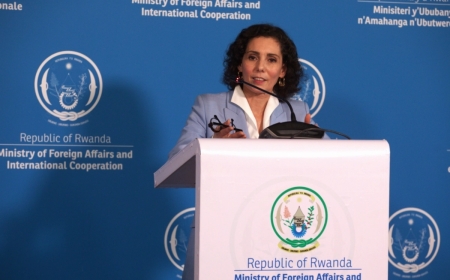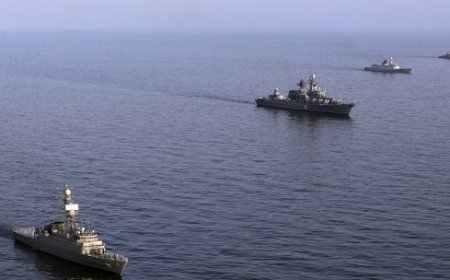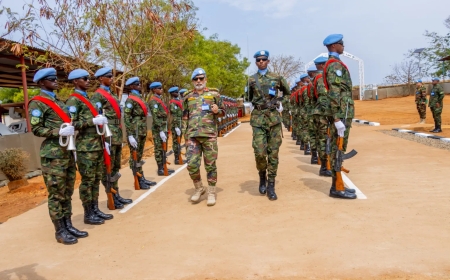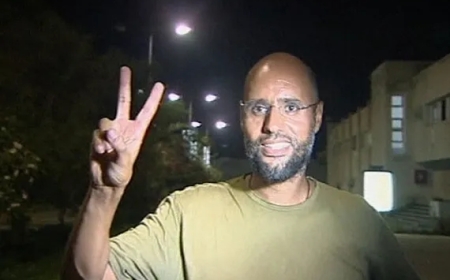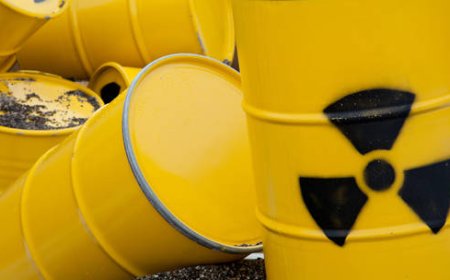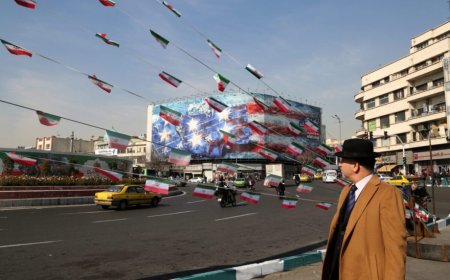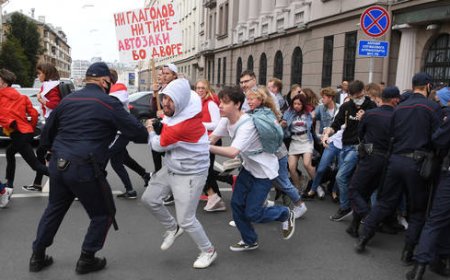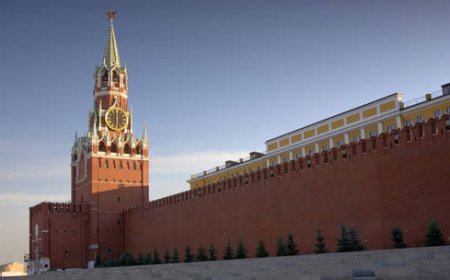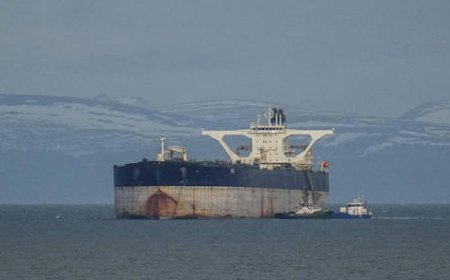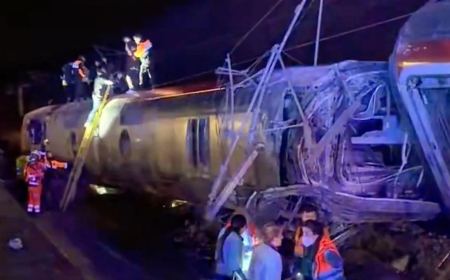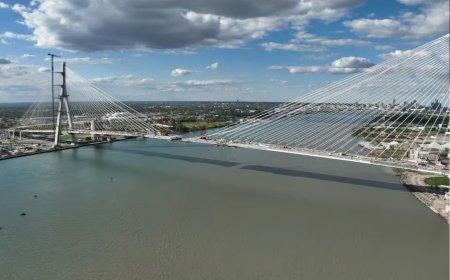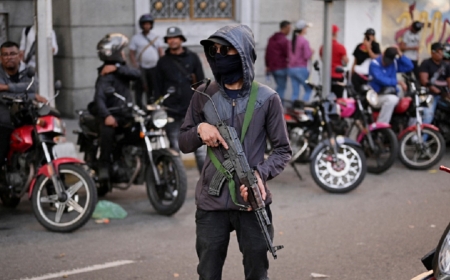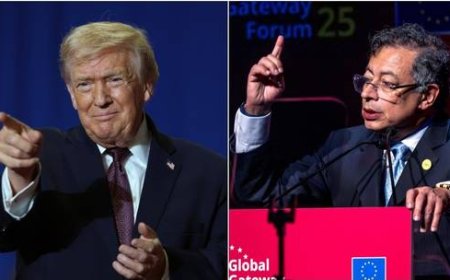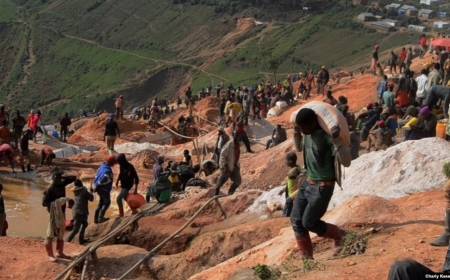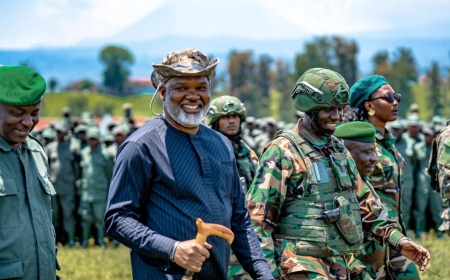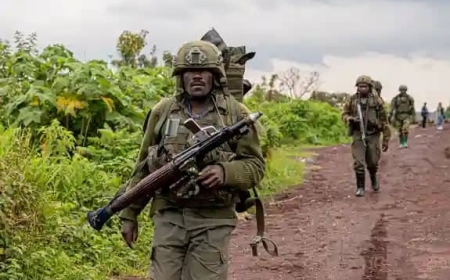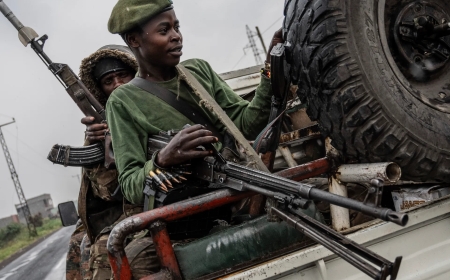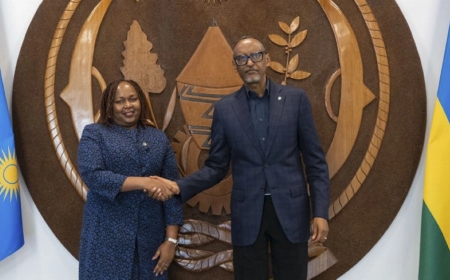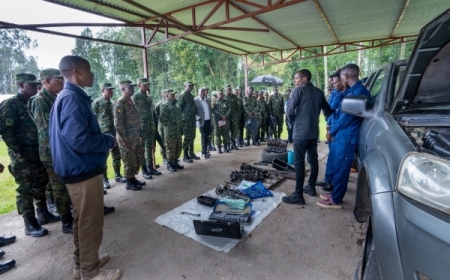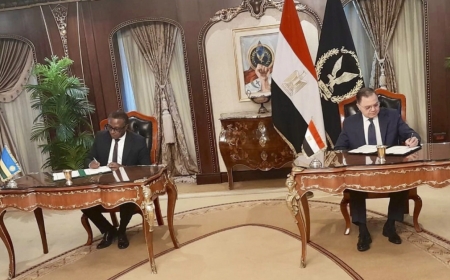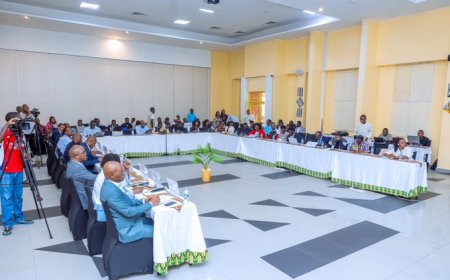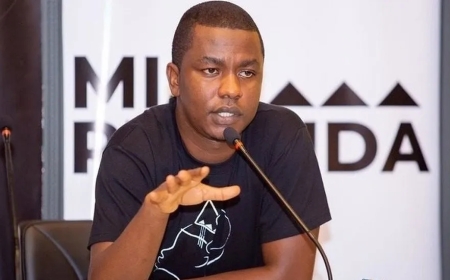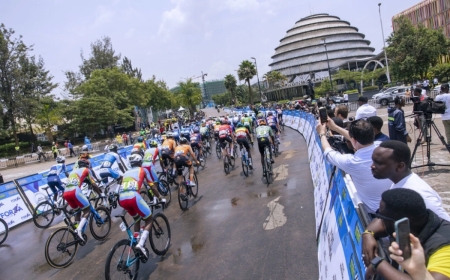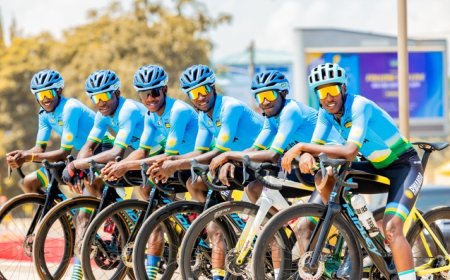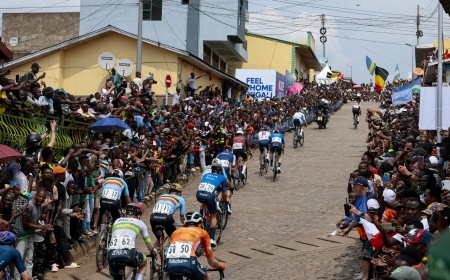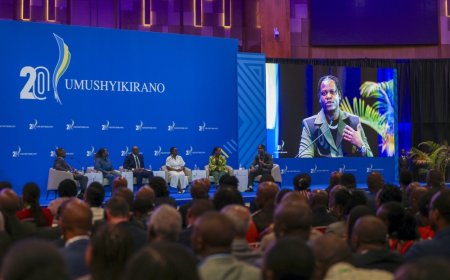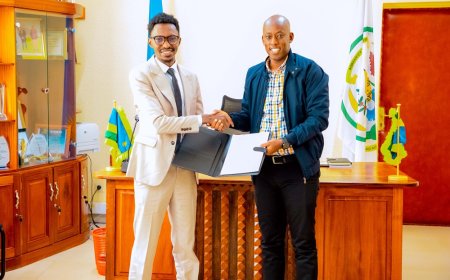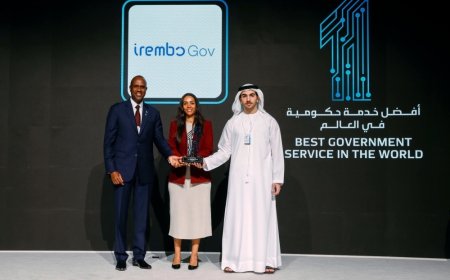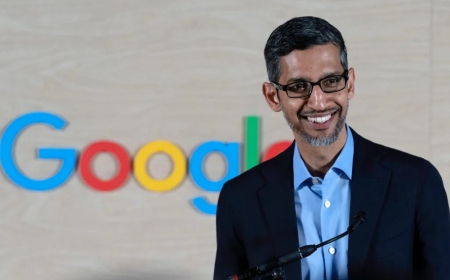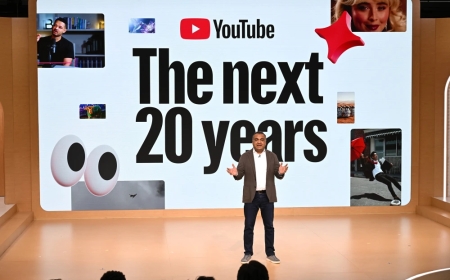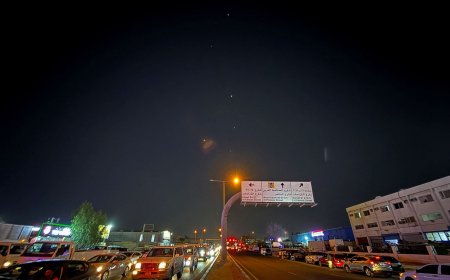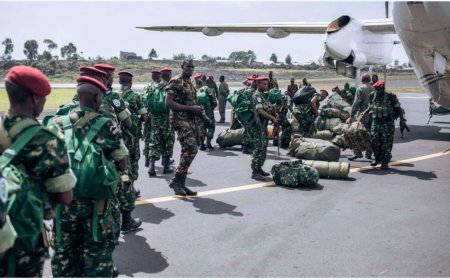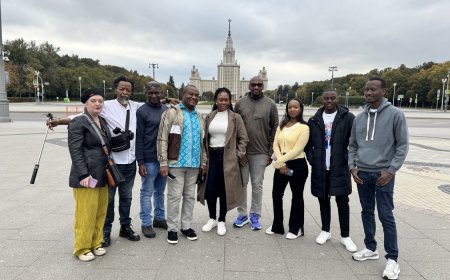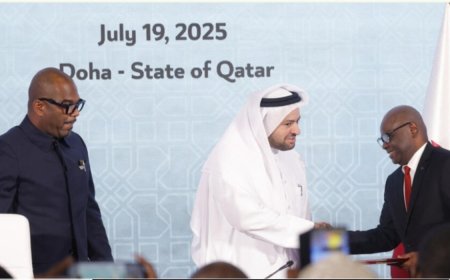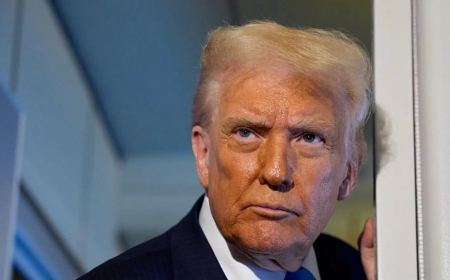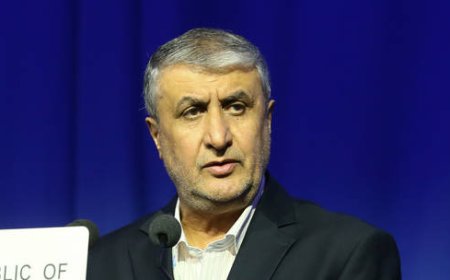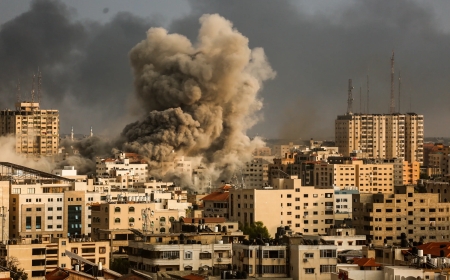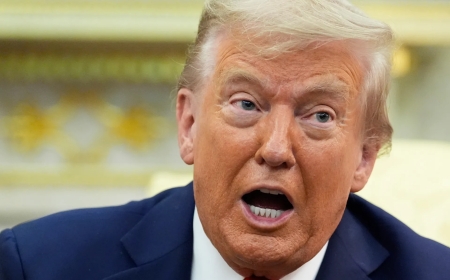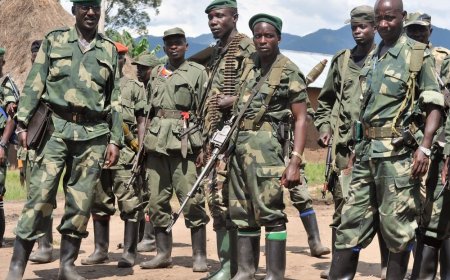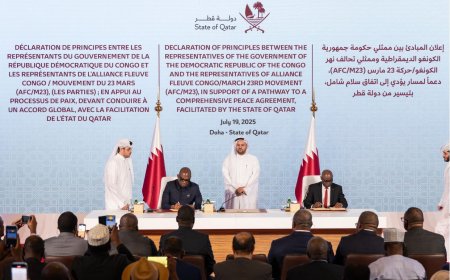What Russia taught me about Rwanda’s nuclear ambitions
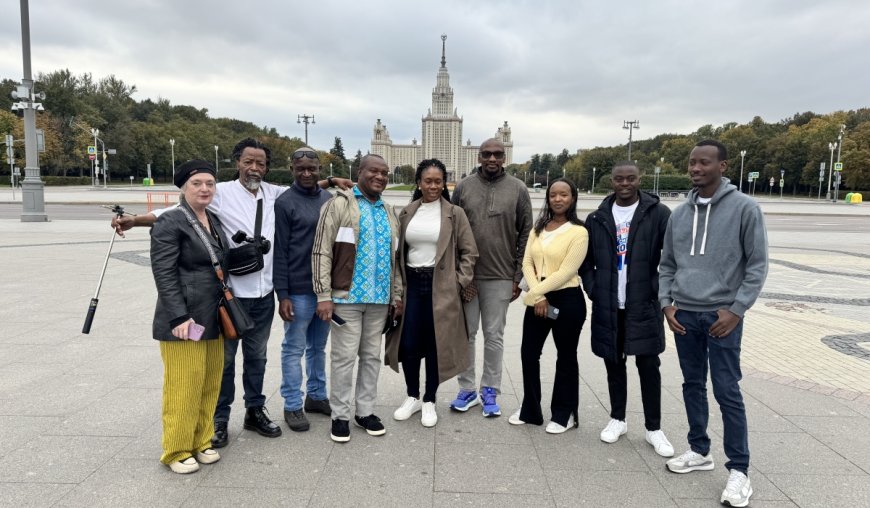
One may wonder: Can Rwanda really build a nuclear power plant? I mean, it’s a small, landlocked country, is it really possible? That’s the question I kept asking myself throughout my trip to Russia.
In September, I had the privilege of attending World Atomic Week in Moscow, Russia, organised by Rosatom, the Russian State Atomic Energy Corporation. My trip was fully sponsored by Rosatom and, to my pleasant surprise, everything – from visa processing to logistics – went smoothly.
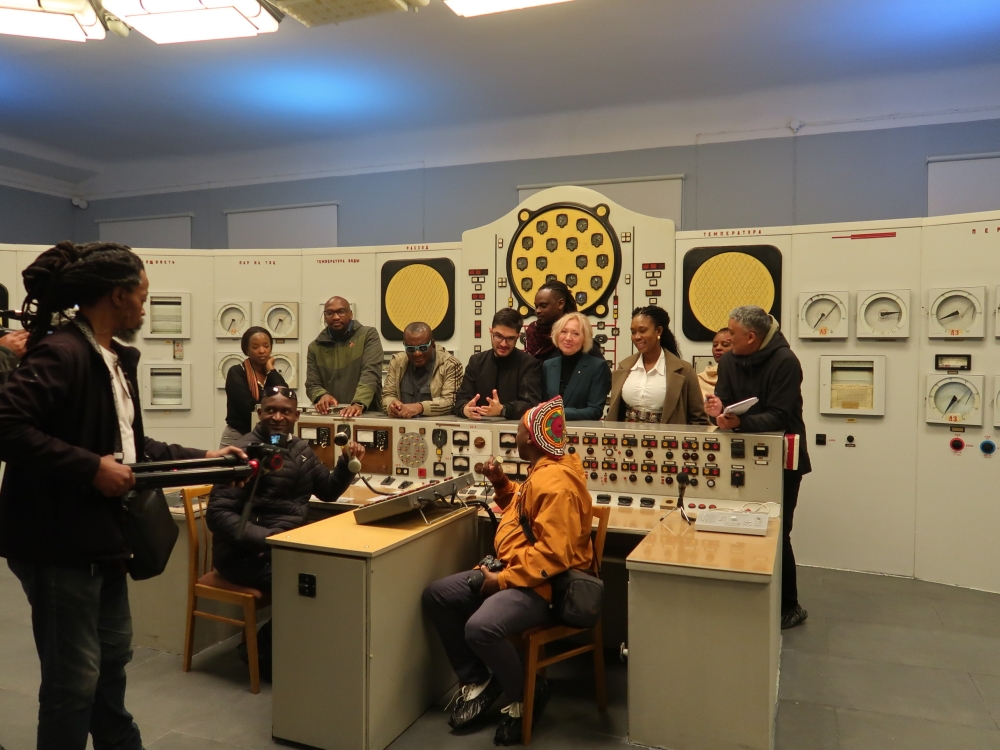
After more than 13 hours of travel, I finally arrived in Moscow on Monday, September 22, where I met fellow journalists from across Africa — including Namibia, Ghana, Tanzania, Burundi, and South Africa.
First impressions of Russia
The first day felt like a dream. Growing up watching Western movies, I never imagined Russia to be this beautiful. During the nearly three-hour drive to our hotel, I was exhausted but couldn’t bring myself to close my eyes. I wanted to take in every sight.
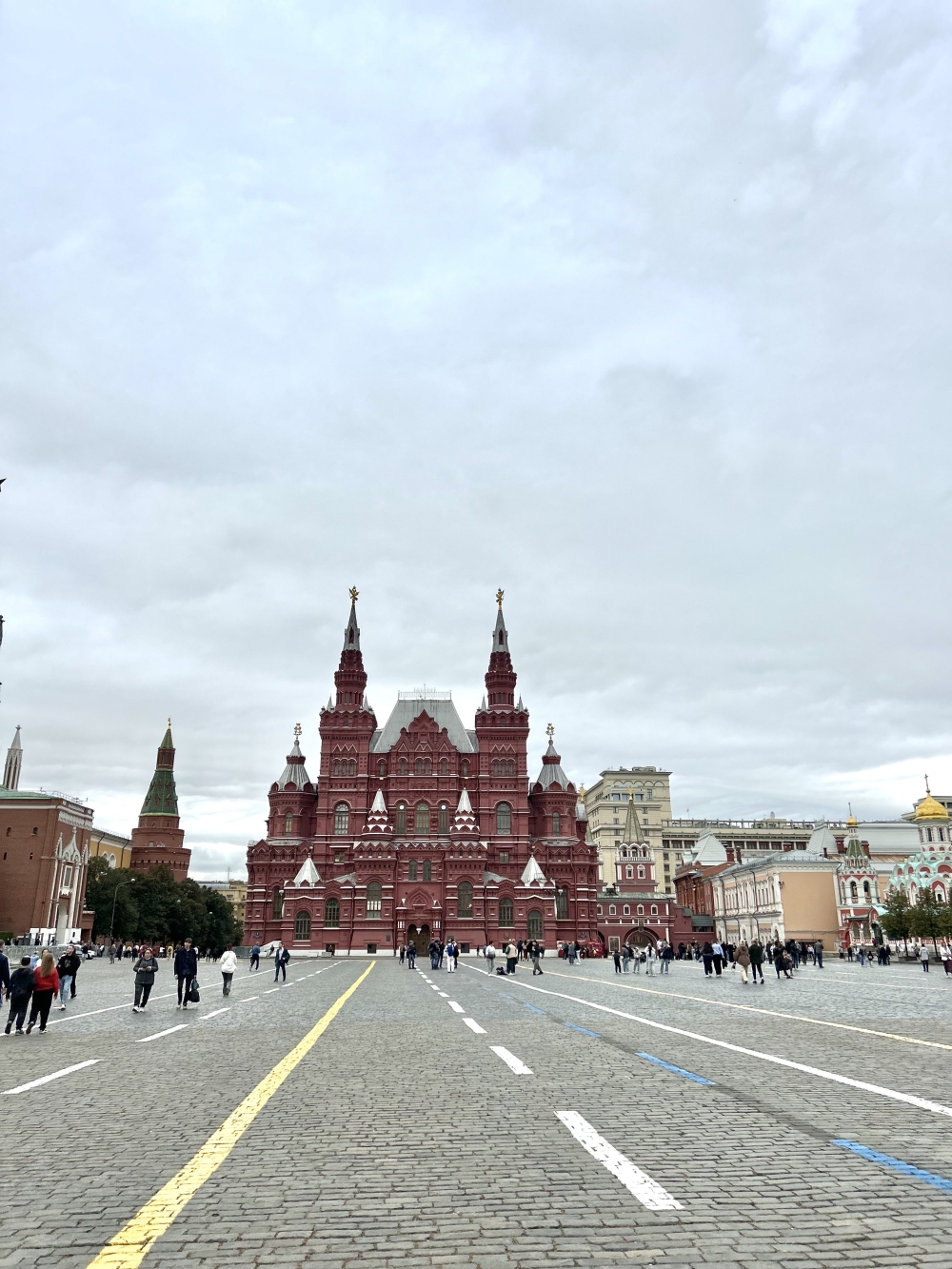
When we finally reached our hotel, the rest of the day was reserved for rest and relaxation.
On the next day, which I now remember as the coldest day of my life, we toured Moscow with two guides. We visited the historic Red Square – a UNESCO World Heritage and symbolic center of Russia, admired its striking architecture, and learned about the Kremlin, an imposing complex that is Russia’s political and historical heart. We also enjoyed a one-hour boat cruise on the Moscow River, an unforgettable experience.

Visiting the world’s first nuclear power plant
On Wednesday, we travelled to Obninsk, a city known as the “First City of Science” in modern Russia and the birthplace of the peaceful atom. It’s home to the World’s First Nuclear Power Plant (NPP). From the outside, the plant looks nothing like an industrial facility, more like a city hall or cultural center. But underground, it extends 17.5 meters deep, housing steam generators, circulation pumps, and pipelines.
We visited the central control room and the reactor hall, where the reactor lid sits at zero level.
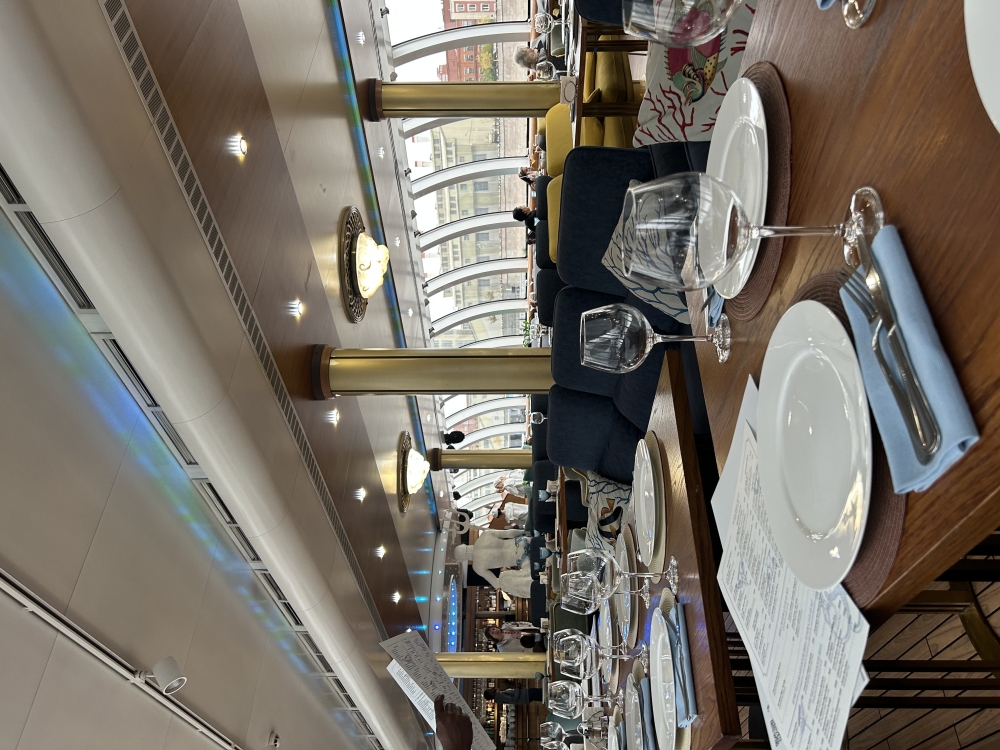
Later, we were treated to traditional Russian cuisine, simple and healthy.
World Atomic Week begins
Thursday was the opening of World Atomic Week, attended by over 20,000 people from more than 118 countries. The event also celebrated the 80th anniversary of the Russian nuclear industry. Despite feeling unwell due to the cold, I was excited.

After that visit to the world’s first nuclear power plant, I recalled that Rwanda was exploring Small Modular Reactors (SMRs), which sparked my curiosity.
During a break, I met Lassina Zerbo, the Chairman of the Board of Directors at Rwanda Atomic Energy Board (RAEB), and couldn’t help but ask: “Rwanda is small and already relies on solar and hydropower, why nuclear?”
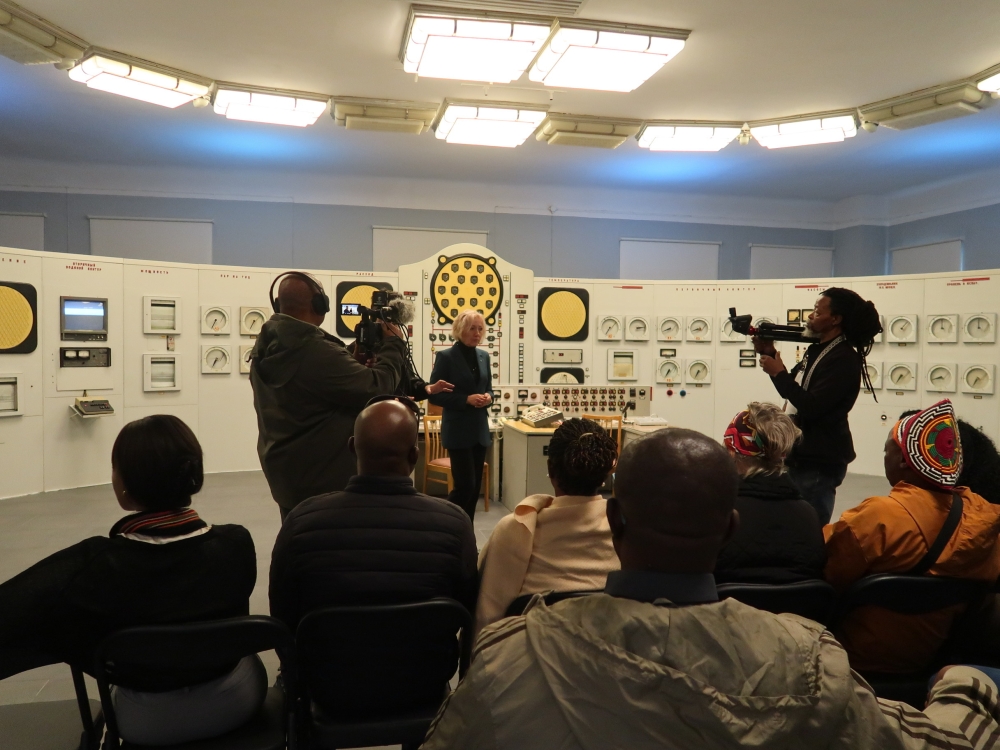
He replied, “Show me one big industry that runs entirely on solar.”
Zerbo explained that industrialisation cannot depend on intermittent energy sources like solar or wind. If Rwanda wants to leapfrog in socio-economic development, he explained, we need a stable, reliable, and clean source of energy. “That’s where nuclear comes in,” he said.
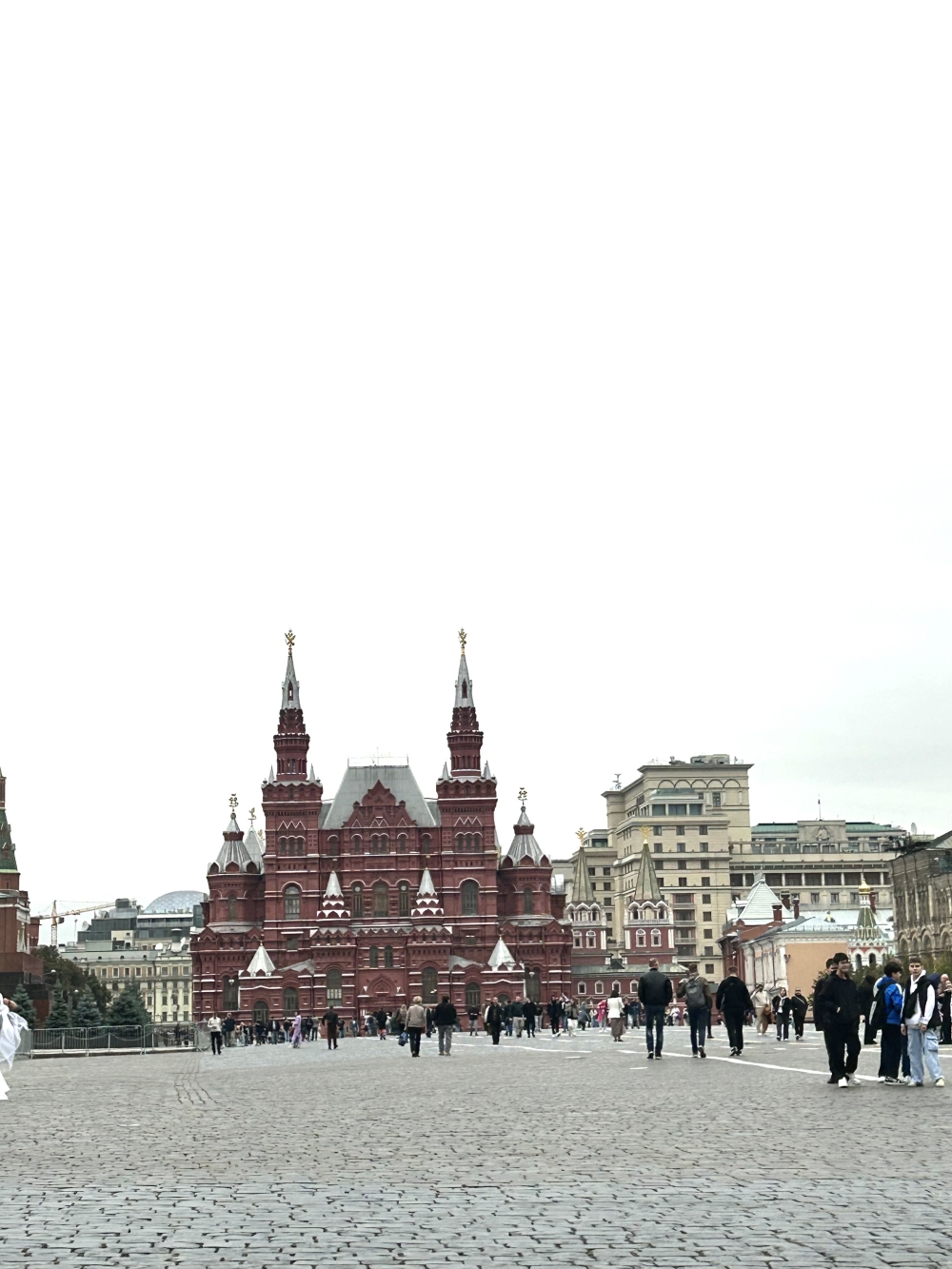
Rwanda aims to have its first reactor by the early 2030s, in line with the country’s growing energy needs, he added. Still curious, I asked about safety, knowing that nuclear power plants require strict measures to protect surrounding communities.
Zerbo explained that, unlike traditional nuclear power plants, Small Modular Reactors (SMRs) are smaller, require less space, and can be safely integrated even in compact countries like Rwanda.
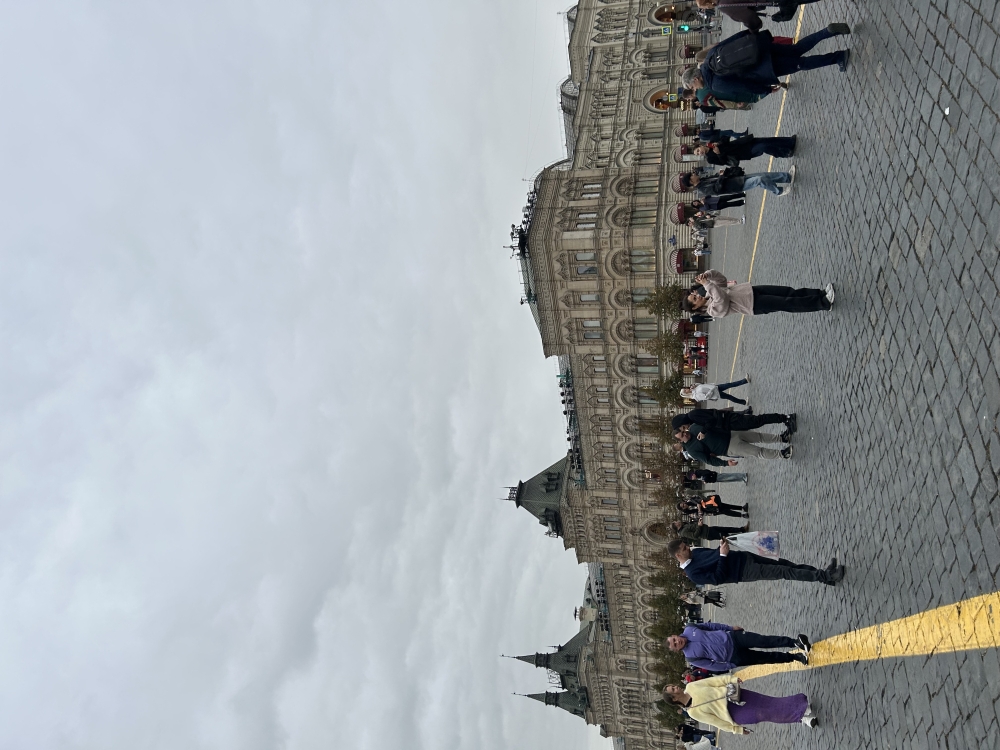
On Friday, I attended a session titled “Neutron flux symphony as a score of progress: How a research reactor ‘sounds’ in daily life.” There, Fidele Ndahayo, the Chief Executive Officer of Rwanda Atomic Energy Board (RAEB), explained why Rwanda is preparing to establish a mini nuclear facility.
The project will support industrial growth, enhance agricultural productivity, and train the next generation of scientists, he said.
Later that day, during a press conference, Kirill Komarov, the First Deputy Director General at Rosatom, emphasised Africa’s growing energy demand: “About 750 million people in Africa still lack permanent access to electricity. The continent needs stable and affordable power. Nuclear energy can help close that gap.”
He noted that Africa has only two nuclear power plants, one in operation in South Africa and another under construction in Egypt, which he said is far too few. “Nuclear power in Africa must grow much more,” he said.
He quoted President Vladimir Putin, who has spoken against technological colonialism, the dependence on foreign powers for technology solutions.
A night to remember
The day concluded with a spectacular gala night featuring ballet performances, Russian singers, and a taste of the country’s finest cuisine.
It was truly a night to remember.
Before I conclude, here’s a bit of advice: if you ever plan to visit Russia, learn a few basic Russian phrases. It makes the experience so much easier.
So, thank you to the Rosatom team for opening my eyes beyond borders.
I returned home with a renewed perspective; not only about Russia, but also about the possibilities that lie ahead for Rwanda’s future in nuclear energy.
